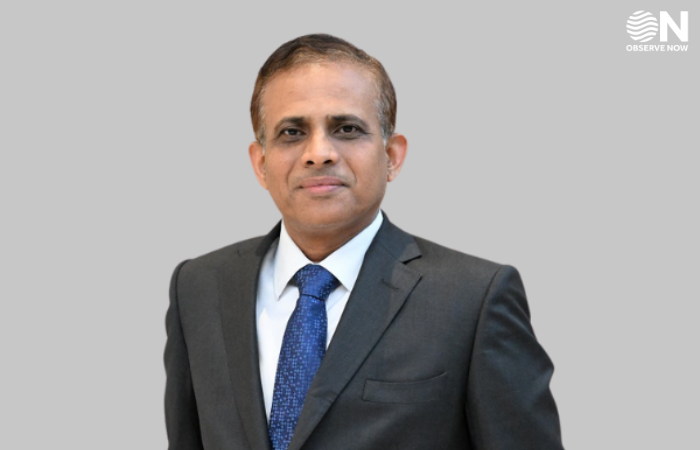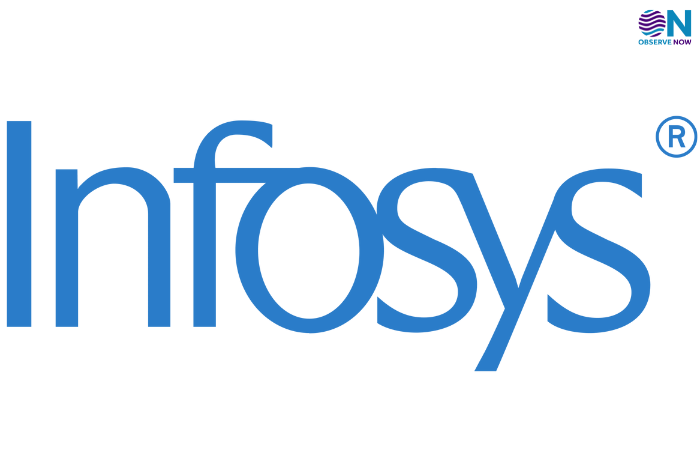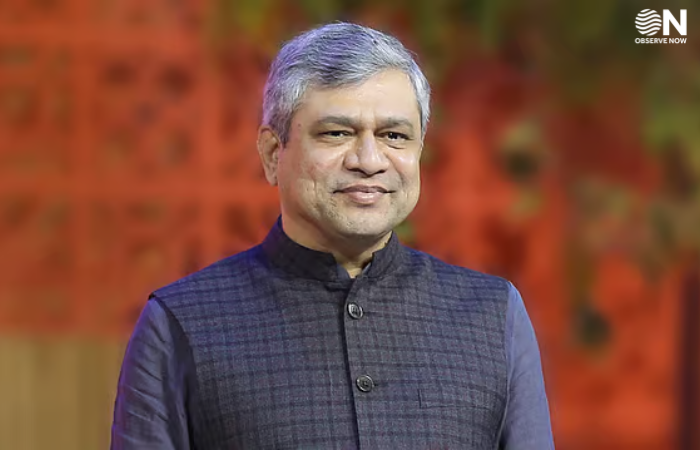Axis Max Life Partners with India Post Payments Bank to Boost Rural Insurance Access
Axis Max Life Insurance has joined hands with India Post Payments Bank (IPPB) to extend the reach of its life insurance products to rural and semi-urban markets. The partnership is designed to leverage IPPB’s widespread network, which includes 650 branches and over 1.64 lakh access points across the country, giving Axis Max Life a powerful channel to connect with underserved communities.
Through this alliance, customers in Tier 3, Tier 4, and remote areas will have access to a curated set of insurance offerings. These include the Smart Wealth Advantage Guarantee Plan (SWAG), Smart Vibe, and a range of term policies aimed at addressing diverse needs such as savings, protection, and long-term financial security. The focus is on affordability and customization so that households with different income profiles can find plans suited to their requirements.
Axis Max Life will oversee the rollout through its regional leadership teams, who will coordinate with zonal heads and ensure seamless execution across states. The distribution strategy seeks not just to provide products, but also to raise awareness about the importance of life insurance in securing families against financial uncertainties.
The collaboration aligns with the broader goal of increasing insurance penetration in India. Despite steady growth, coverage levels remain low in rural regions, where awareness and accessibility have often been barriers. By combining Axis Max Life’s expertise in designing customer-focused plans with the trust and reach of India Post’s network, the initiative is expected to close critical protection gaps.
This step also supports the industry-wide vision set by the Insurance Regulatory and Development Authority of India to achieve “Insurance for All by 2047.” For millions of households, it represents an opportunity to access reliable financial protection closer to home.




















